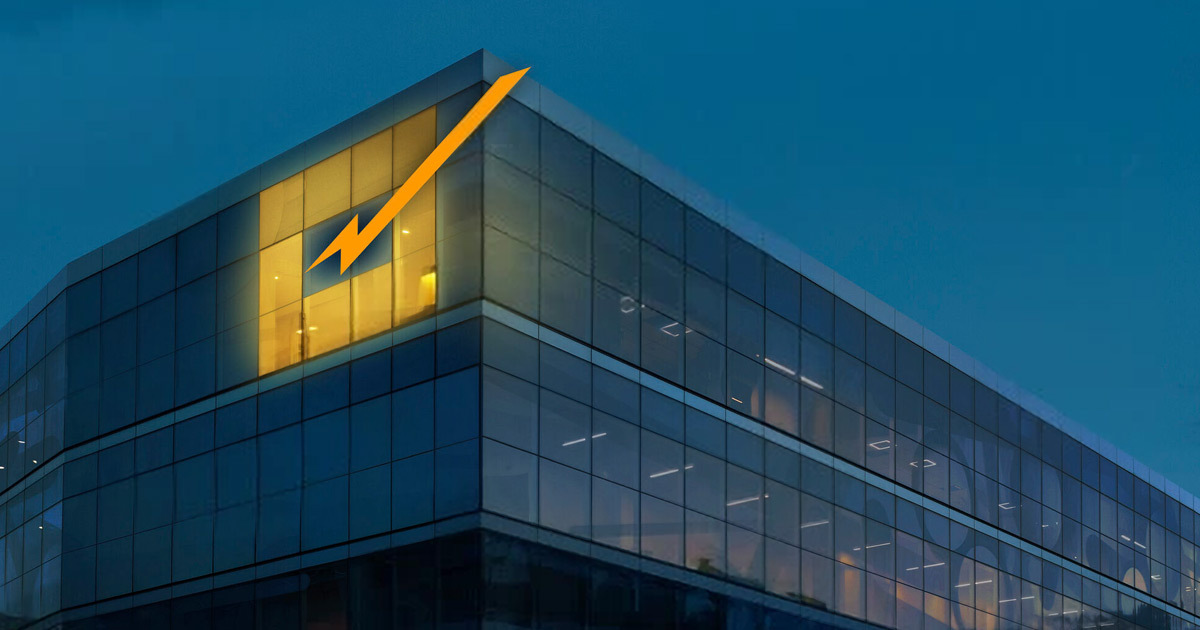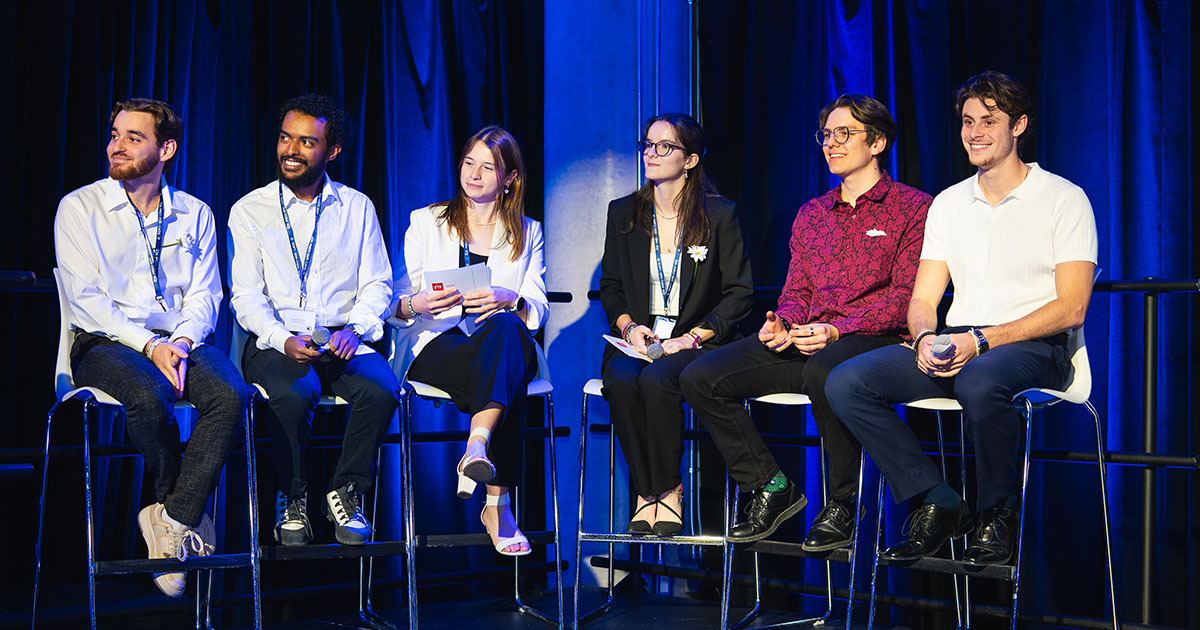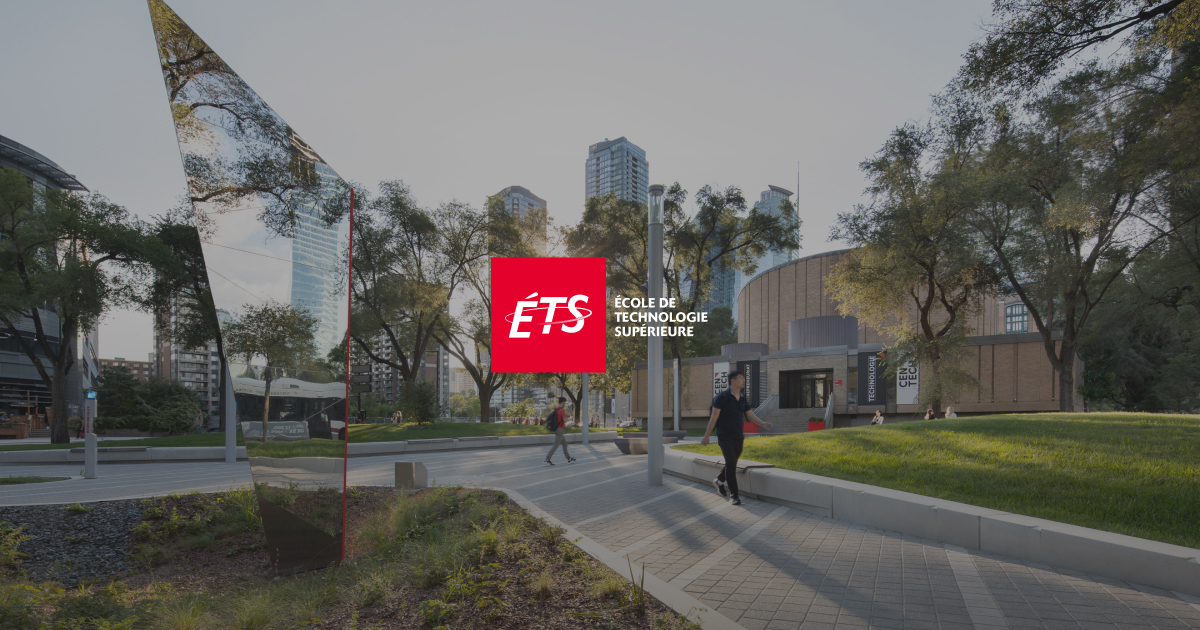Edge and Cloud Computing

Purchased on Istockphoto.com
For as long as he can remember, Marcos Dias De Assunção has always loved “building things.” As a child, he would salvage abandoned electronic devices and have fun using the components to make toys.
While attending high school in Fraiburgo, Brazil, he began working at the age of 14, first installing electrical systems and then in an electrical store. “That’s when I first got access to a computer,” he recalls. “I quickly realized that it was possible to build all kinds of things with computers and it became a passion!”
Since then, Marcos Dias De Assunção has accumulated nearly 20 years of experience in research and development in distributed computer systems and networks. He has published more than 70 papers, filed more than 20 patent applications, and contributed to the design and development of several software systems.
With this vast experience, the new associate professor in software engineering and computer science at ÉTS hopes to pass on his knowledge and his enthusiasm for distributed computing to the students who will be taking his courses starting in September. This branch of computer science relates to the distribution of tasks and software components on several machines to form a single system responsible for processing data.
From Brazil to France, via Australia
After completing his bachelor’s degree in computer science, Mr. Dias De Assunção completed a master’s degree from 2002 to 2004 at the Federal University of Santa Catarina in Florianópolis under the supervision of Professor Carlos Becker Westphall.
He then specialized in computer science and software engineering at the University of Melbourne, Australia. In 2009 he obtained his PhD under the supervision of Professor Rajkumar Buyya. His thesis focused on mechanisms and protocols to allow organizations in different countries to share and pool the resources available in each of their grid computing infrastructures.
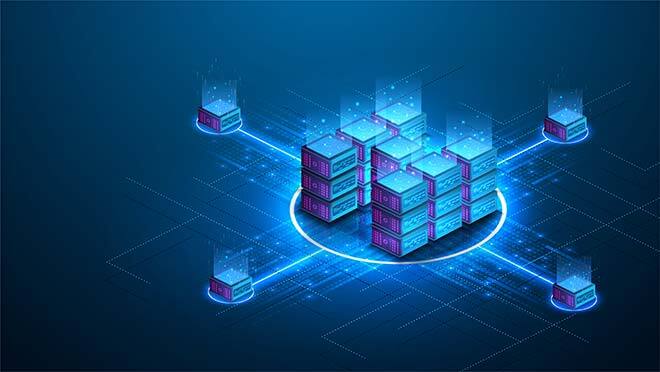
“My research work focused on the precursors of today’s computing clouds, such as grid computing, which had previously been compartmentalized in universities. My objective was to demonstrate how different infrastructures could be linked together,” he explains. It was work like this that led the computer industry to create the cloud information we know today.
Then, a French researcher who visited his lab in Melbourne offered him a postdoctoral position at the National Institute for Research in Computer Science and Automation (INRIA), based at the École Normale Supérieure in Lyon.
His objective was to create scheduling algorithms and applications to optimize the energy consumption of distributed computing infrastructures.
Working on Real Computer Systems
After his postdoctorate, Marcos Dias De Assunção returned to Brazil in 2011 to work in the IBM Research lab in São Paulo. He was involved in international research projects with other labs around the world and played a leading role in the Brazilian lab. In addition, he presented seminars to new lab members on the patent filing process. “I really enjoyed working for this reputable company,” he says. “Being involved in real systems was very rewarding, especially working with clients on their projects. It took me back to my jobs as a teenager where I had to solve problems and make things better!”
However, the situation in Brazil was very difficult at the time: the country was going through a recession that was causing both an economic and political crisis.
In 2014, Mr. Dias De Assunção returned to INRIA in France, this time as a researcher. His mandate touched on a wide range of projects, including data flow routing and energy efficiency on core networks, as well as the supervision of two PhD students. He also taught master’s students in big data management.
Attracted by ÉTS and Montreal… despite the Winter!
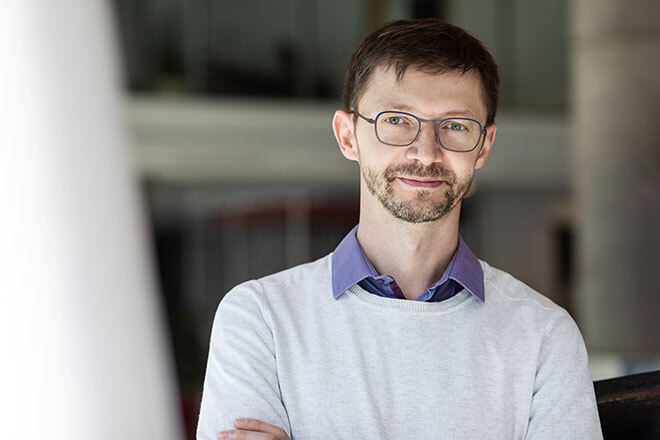
Marcos Dias De Assunção, professor at ÉTS
Well aware of the reputation of ÉTS, he applied when he was informed that a position was open for a professor in software and computer engineering. His track record impressed and he was invited to a first interview.
It was February 8, 2020 and Montreal woke up to 50 cm snow after a two-day storm that culminated in a temperature of -21°C. “I was surprised by the amount of snow and the cold, but in the end, it didn’t influence my decision when I was offered the job,” he says with an amused look.
In addition to his teaching load, Marcos Dias De Assunção intends to conduct research in the next few years on deep reinforcement learning to solve resource management problems in network edge computing and cloud computing.
“And I am very interested in mentoring PhD students because I want to take them as far as possible in their passion and see them evolve as they work,” he concludes.

